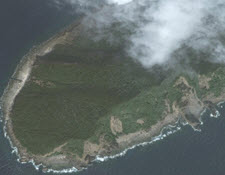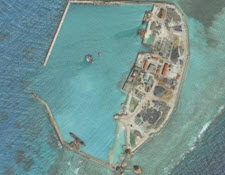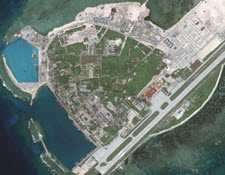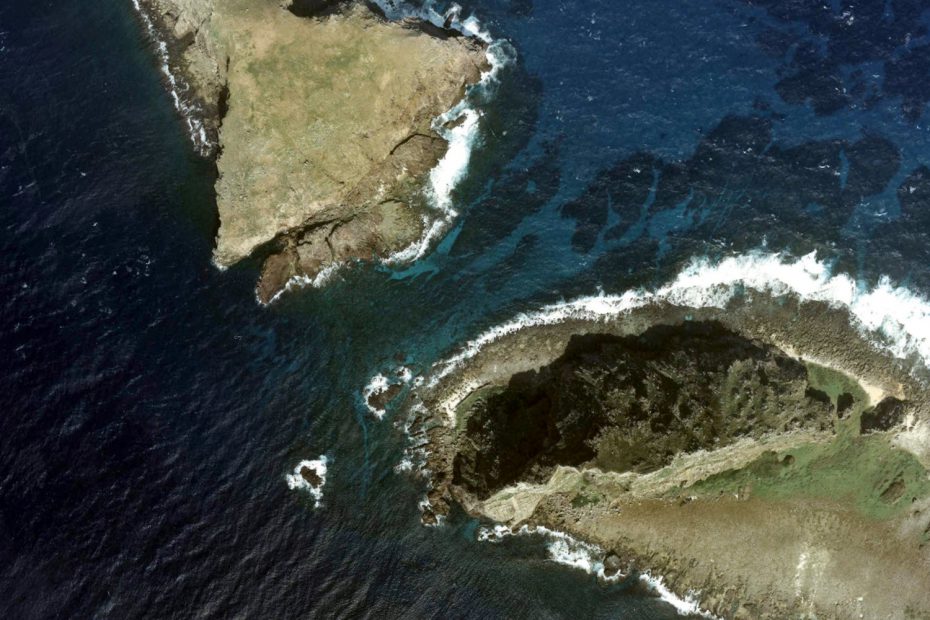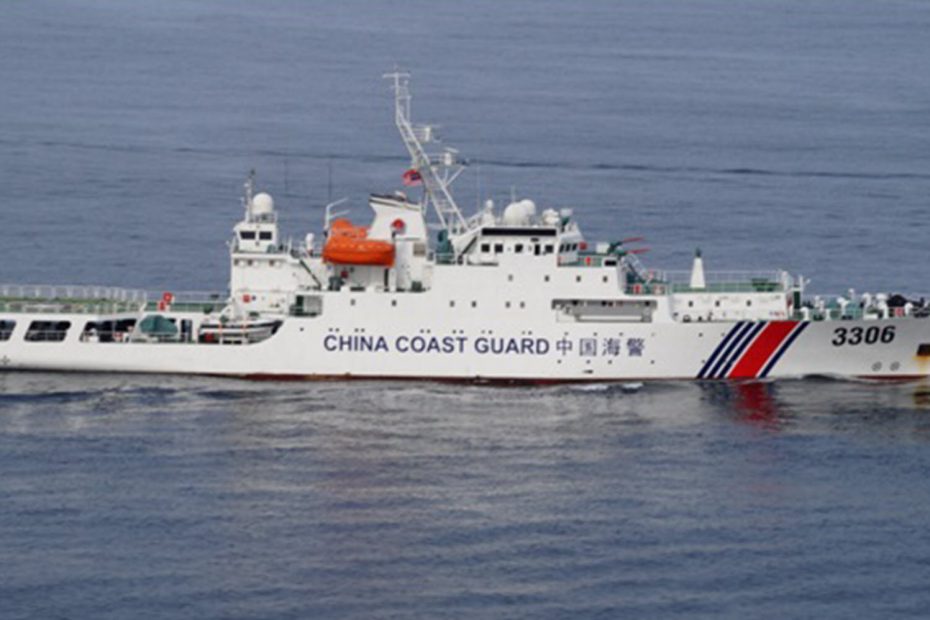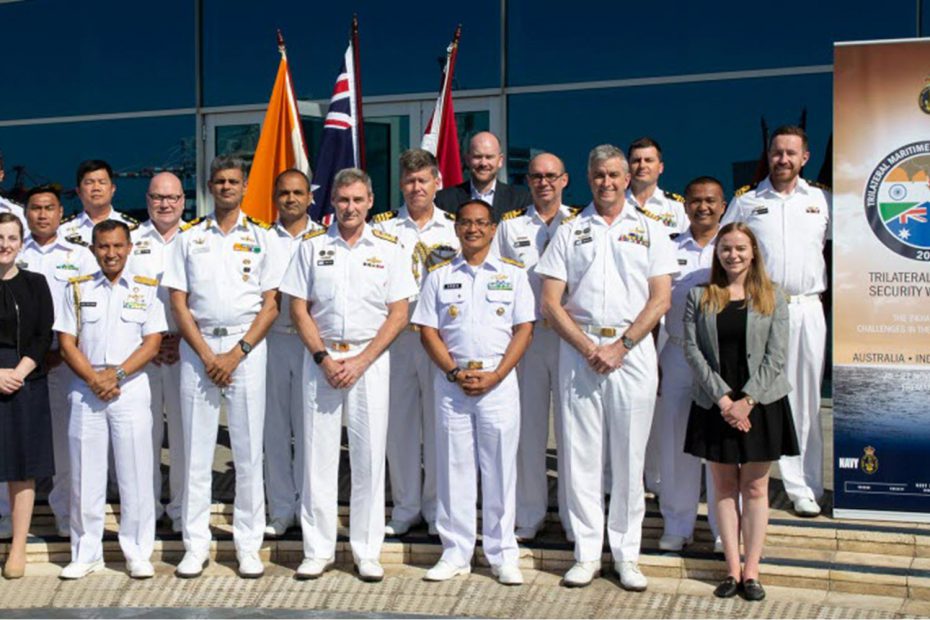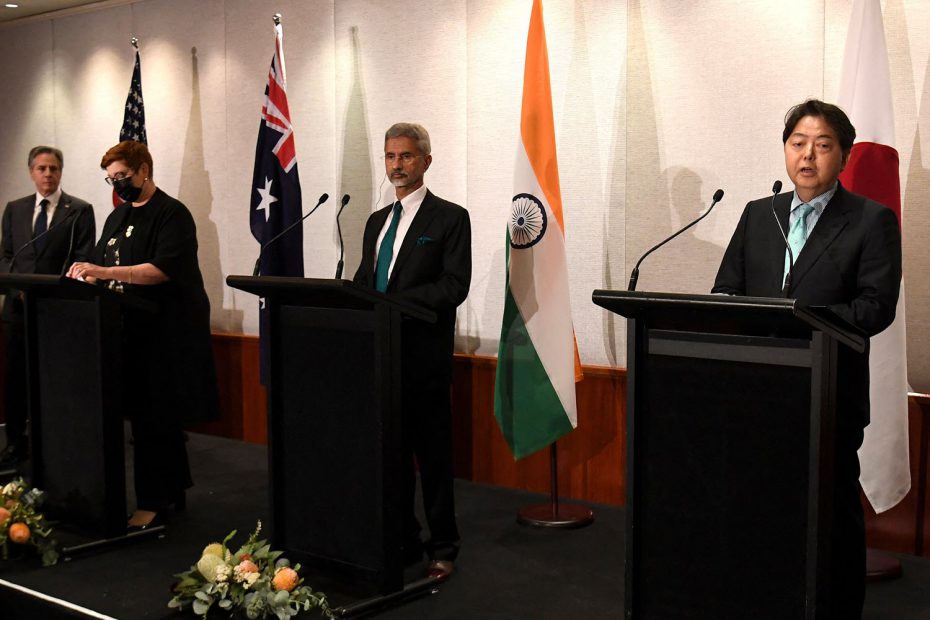The Indo-Pacific region is facing a host of daunting maritime challenges, including increasingly frequent and extreme weather events due to climate change, ocean pollution, pressure on fishing stocks, and threats to maritime commerce, among many others. The Republic of Korea (ROK) has an important stake in mitigating these concerns. Yet, none of these problems can be solved by any single government; instead, they require cooperation among like-minded states to achieve solutions. One way in which South Korea can contribute is through participation with the Quad coalition of Australia, India, Japan, and the United States, possibly through creation of a maritime… Read More »South Korea, the Quad, and Maritime Security
